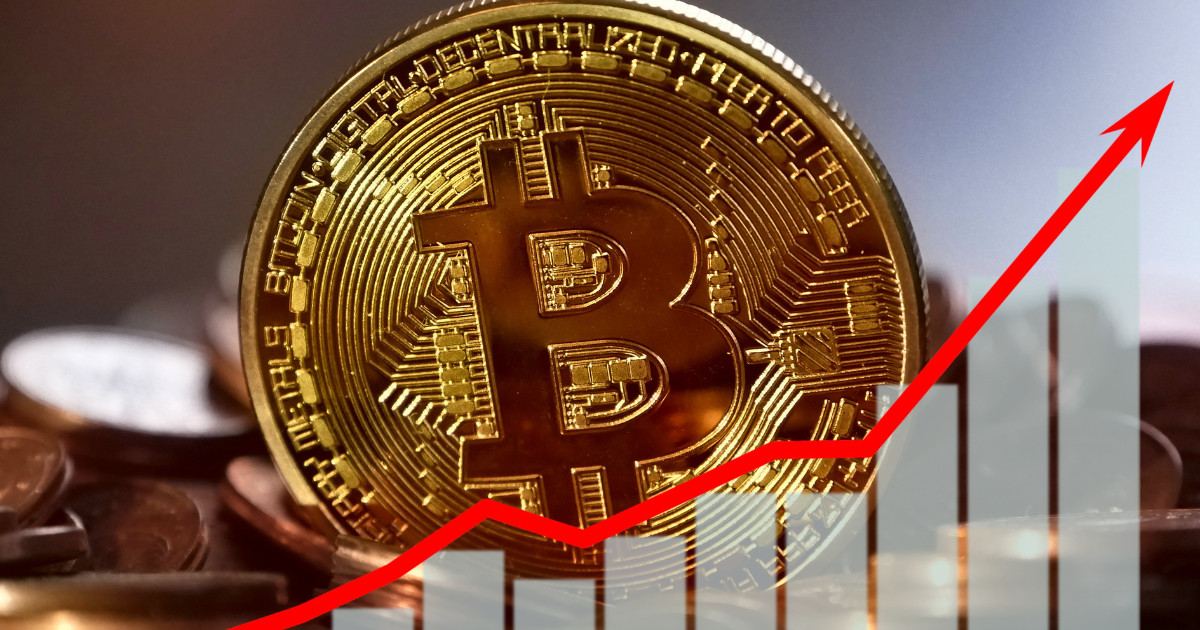The Surge in Bitcoin Adoption: A New Era for Cryptocurrencies
Bitcoin, the first and most well-known cryptocurrency, has been making headlines lately due to its increasing adoption by institutional investors, corporations, and even governments. This shift in perception marks a new era for cryptocurrencies, challenging traditional financial systems and opening up exciting opportunities.
Institutional Investors
Institutional investors, such as banks and hedge funds, have been warming up to Bitcoin as an alternative asset class. In October 2020, PayPal announced that it would allow its users to buy, sell, and hold Bitcoin, making it the first major US financial institution to do so. This move was followed by other big players like Square and MassMutual, which invested hundreds of millions of dollars in Bitcoin. These investments not only signal the growing acceptance of Bitcoin as a legitimate asset but also bring more liquidity to the market.
Corporations
Corporations have also started accepting Bitcoin as a form of payment or holding it as a reserve asset. MicroStrategy, a business intelligence company, made headlines by investing over $1 billion in Bitcoin and announcing plans to raise more capital for additional purchases. Other companies, such as Microsoft and Tesla, have also started accepting Bitcoin for payments. This trend not only validates Bitcoin’s use as a currency but also opens up new possibilities for businesses and consumers.
Governments
Governments are also exploring the potential of Bitcoin and other cryptocurrencies. Some countries, like El Salvador, have taken bold steps by making Bitcoin legal tender. Others, like the United States, are considering regulating it as a commodity or a currency. This growing interest from governments will likely lead to more clarity and stability in the market, making it more attractive for investors.
What Does This Mean for Me?
As a consumer, the increasing adoption of Bitcoin and other cryptocurrencies could lead to more options for making purchases and potentially increased financial freedom. It could also provide new opportunities for investment, allowing you to diversify your portfolio and potentially earn higher returns. However, it’s important to remember that investing in cryptocurrencies carries risks, and you should always do your own research and consult with a financial advisor before making any investment decisions.
What Does This Mean for the World?
The surge in Bitcoin adoption could have significant implications for the world. It could lead to a decentralized financial system that is not controlled by any single entity, potentially reducing the power of governments and financial institutions. It could also lead to increased financial inclusion, as people in underbanked regions can use cryptocurrencies to access financial services. However, it also comes with challenges, such as the potential for increased financial volatility and the need for more regulation to protect consumers.
Conclusion
The increasing adoption of Bitcoin and other cryptocurrencies by institutional investors, corporations, and even governments is a clear sign that we are entering a new era for digital currencies. While there are certainly risks and challenges associated with this trend, the potential benefits are significant. As a consumer, you may have new opportunities for making purchases and investing. As a global community, we could see a more decentralized financial system and increased financial inclusion. The future of cryptocurrencies is uncertain, but one thing is clear: it’s an exciting time to be a part of this rapidly evolving landscape.
- Institutional investors are increasingly adopting Bitcoin as an alternative asset class
- Corporations are accepting Bitcoin as a form of payment or holding it as a reserve asset
- Governments are exploring the potential of Bitcoin and other cryptocurrencies
- Consumers could have more options for making purchases and potentially increased financial freedom
- The world could see a more decentralized financial system and increased financial inclusion





